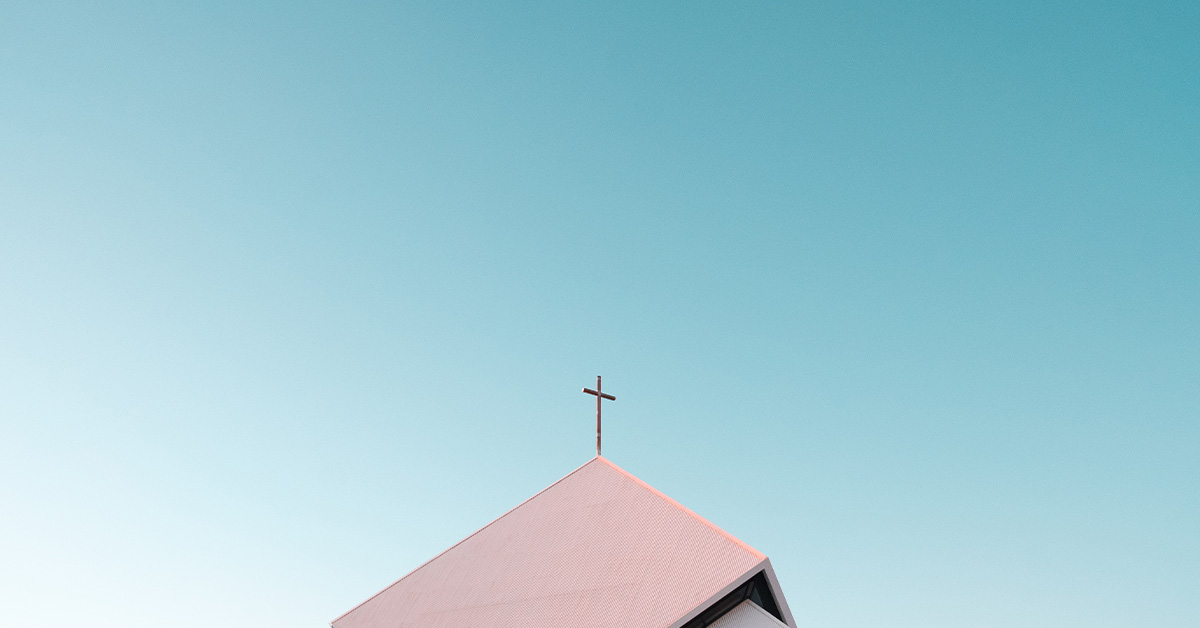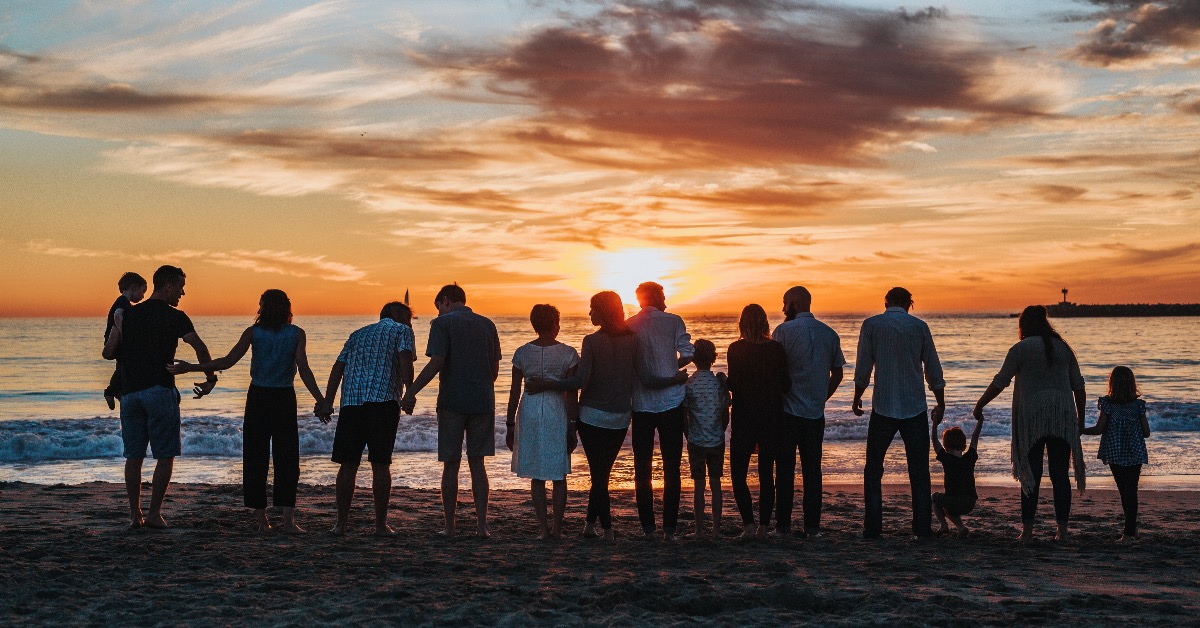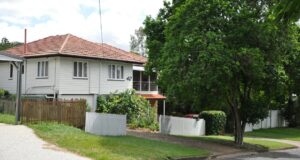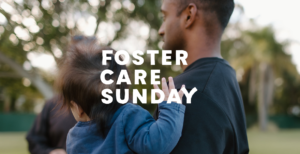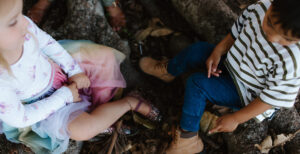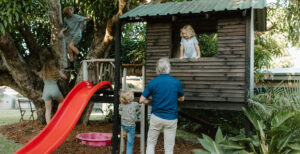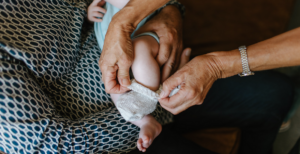It takes a village
You’ve heard it said, probably hundreds of times, that it takes a village to raise a child. Easy to say, perhaps harder to do.
There are an increasing number of children entering the Out-of-Home Care system because their family of birth isn’t safe. Social isolation and loneliness are increasingly being recognised as a major issue facing society. It begs the question, how do we be the village that the most vulnerable children and families in our community need? We’re wired for connection but it often takes a whole lot of intention and effort for the village to be a lived reality.
God sets the lonely in families. Psalm 68:6a NIV
We serve a relational God who places the lonely in families. Family is the context in which every child belongs. Family units and households of safety, attachment and enduring commitment to care, are essential. At the same time, we know that family isn’t understood only in terms of biology and genetics. Mother Theresa is quoted as saying, “the problem with the world is that we draw our family circle too small.”
The Church is often referred to as the family of God. Through faith in Jesus, we become part of God’s family (John 1:12-13), equally accepted and loved and called to love one another in a way that points to Jesus (John 13:34-35). Paul talks about Christian community, this diverse group of people functioning in unity, as a body.
Just as a body, though one, has many parts, but all its many parts form one body, so it is with Christ. But in fact God has placed the parts in the body, every one of them, just as he wanted them to be. If they were all one part, where would the body be? As it is, there are many parts, but one body. 1 Corinthians 12:12, 18-19 NIV
God designed us to function as a body in order to build up His Church, bringing our unique gifts (Romans 12:6) to contribute to His mission on earth. We are called to deeply love all of those around us with the same love God has poured out on us; showing our broken world who God is. A God who is all about restoring, recreating, and redeeming.
Foster and Kinship Care involves engaging in spaces of interruption to biological family, where love and healing is needed. Is there a need for more Foster Carers? Yes. Should everyone be a Foster Carer? No. Some people might be called and willing to sacrifice time, energy or finance to walk alongside a Care family, or mentor a child in care, or volunteer for a community-based family support program. We are a body made up of many parts. Or to put it another way, it takes a village.
This is an opportunity to see God work through multiple parts of His body in order to wrap His love around children and families who are experiencing pain or challenge. We don’t only want to encourage more people to foster, but to invite whole churches to come around people as they do. Foster Care is not a solo mission.
“Foster care is not for everyone but I think everyone can play a role in being the church and being that village for carers and children in their care.” – Moriah, Foster Carer, Melbourne
We all need to invest in Christian community, building life-giving relationships, and sharing our burdens with our brothers and sisters. We’re aiming for transformational not just transactional relationships, where everyone is engaged and blessed as we walk out the journey of providing ‘home’ for those who most need it, together.
The Homeward Project exists to equip people to make a difference in the Out-of-Home Care space in a whole range of ways.
How you can support carers in your world?: Read more about supporting carers here.
How can your church support carers?: Check out How your church can care for carers for some practical ideas and information.
How can carers build a holistic support system?: The Wrap-around Teams resource will equip a carer and their ‘team’ to do the journey together.
